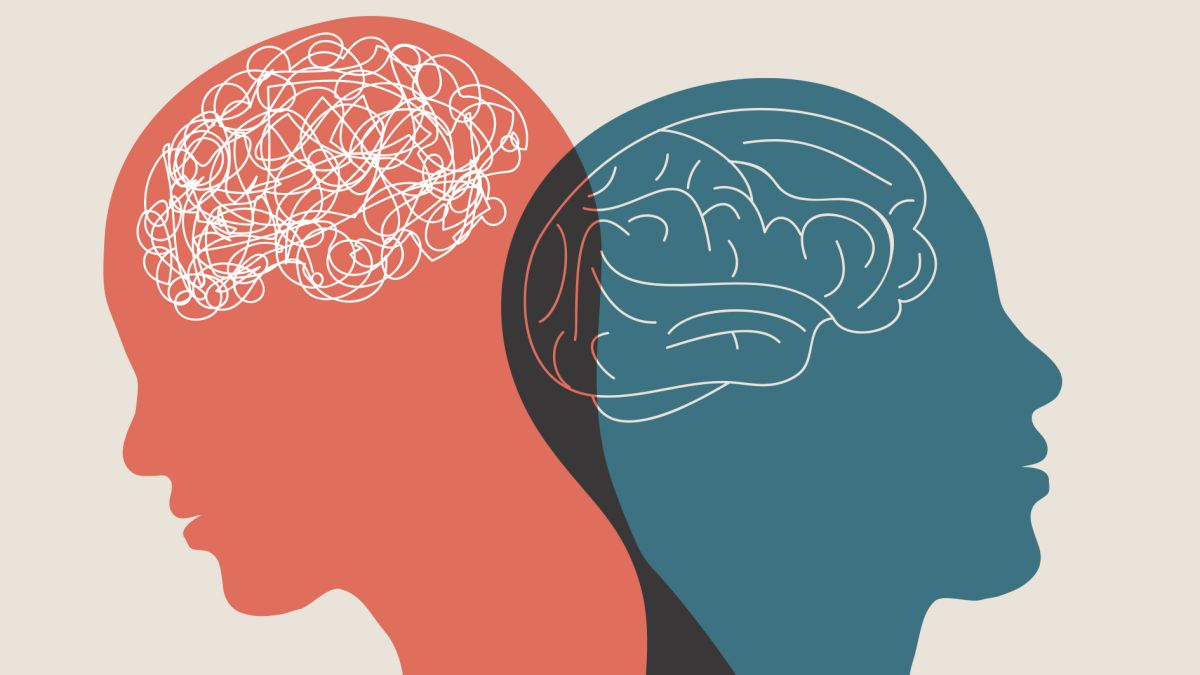The Remembrance and Contemplation of Allāh’s Mercy is Sufficient a Cure for Anxiety and Depression
Imām Ibn Qayyim al-Jawziyyah


The third degree of self-sufficiency is to feel self-sufficient through [your knowledge of] the Truth [Allāh], the Bestower of Bounty, the Most High. This is the highest degree of self-sufficiency.
The first degree is to recognise wholeheartedly that Allāh the Exalted in Might remembered you before you remember Him. That He, the Most High, has made mention of you among His creation at your very start ,before you were brought into existence, before you began engaging in acts of obedience, or His remembrance. He has predestined your creation, provision, actions, His favourable treatment of you and His bestowment of favours upon you.1 For you were non-existent. Then, the Most High reminded you of Islām, guided you towards it, and chose you for it above those He has abandoned, the Most High says:
هُوَ سَمَّاكُمُ الْمُسْلِمِينَ مِن قَبْلُ
‘It is He (Allah) Who has named you Muslims before.’
[Al-Ḥajj, 22:78]
Thus, he made you from among its people without precedent. It was only by His prior mentioning of you [from among its people] that you were made from them. If it was not for His reminding you of all its beauty and splendour, you would have found no path towards it. For who is the One who has reminded you of wakefulness [regarding it] such that you are now wakeful [a Muslim], while those beside you remain lying among those in mindless slumber [the disbelievers]?
Who, other than Him, has reminded you to repent and guided you towards it, allowed it to have an impact upon your heart, raised that which calls towards it, breathing life into the truthful resolution with which it [repentance] is performed? Causing you to turn towards it in adherence, allowing you to taste the sweetness of repentance and its soothing, delicious nature.
Who, other than Him, has reminded you of His love such that your heart gains anticipation from its ardour, and your mount turns towards Him, your heart full of life after prolonged ruin, you derive comfort from His closeness after prolonged loneliness and separation?
Who came close to you at the very start, such that you now seek closeness to Him, then He rewards you for the closeness you sought, making [this granting of reward] another means whereby closeness is achieved. The closeness you originally sought [through acts of obedience] is surrounded by two other [virtues] from Him, the Most High:
One before [in His guiding you to those acts of obedience] and one after [in His rewarding you for those obedient acts].
Just as your love for Him is surrounded by two [virtues from Him]:
One before [in His granting you the guidance [tawfīq] to have love for Him] and one after [His rewarding you for that love]. And your remembrance of Him is surrounded by two [virtues from Him]:
One before [Allāh guiding you towards His remembrance, both its execution and methodology, i.e. the Sunnah] and one after [His rewarding you for engaging in that remembrance].
Thus, if it was not for His prior remembrance of you, none of this would have been possible. For nary an atom’s weight of knowledge of Him, His Oneness, His love, fear of Him, hoping for [His reward], having trust in Him, seeking forgiveness from Him, and seeking closeness to Him would have entered your heart. These are all the effects of His remembrance of you. Then, he further remembers you through the continuous favours He has bestowed on you, the true number of which is equal to the number of created souls. He possesses over you, for every blink of your eye and breath you take, numerous favours He has predestined for you before your very existence. He has granted you knowledge of [these favours], and has instilled love for them in you while being completely free of all need from you or anything else. This represents nought but His beneficence, graciousness, and goodness. For He is the Doer of Good, Bestower of Favour, the Beneficent by Himself, not out of reciprocity or seeking reward from you, or some other need that would drive Him. How could it be, when He is the One who is Free of All Need, the Praiseworthy?
So if the smallest of blessings should reach you, then know that its occurrence is from His remembrance of you. Let [this knowledge] cause you to magnify that blessing in your mind as He remembered you by it. For how contemptible is your remembrance of His beneficence, His spontaneous bestowment of favour, and His love for you [in comparison]. All the while He possesses no need for you.
If the slave [of Allāh] was to truly testify as to His Lord’s remembrance of him, to the degree that this testification reaches his heart, it would indeed busy him from being overtly concerned with other than it. He would find self-sufficiency in his heart of the highest ilk, nothing even remotely resembling it.
It is like the servant whose master constantly remembers his [needs], never forgetting him. Self-sufficiency is gained through the feeling the servant has through knowing His master remembers him, in addition to the favours and boons granted to him on a regular basis.
We have mentioned in our book: ‘al-Kalim al-Ṭayyib wa-al-ʿAmal al-Ṣāliḥ [Words of Goodness and Acts of Righteousness]’2 that among the benefits of the remembrance of Allāh is Allāh, the Exalted, remembering His slave. We have [also] mentioned almost one hundred benefits that occur as a result of His remembrance. Every one of these benefits are unequivocal. It is a book of immense use.
Our goal here is to establish that the slave [of Allāh] harbouring the feeling, and testifying to the fact that Allāh remembers him, will grant his heart self-sufficiency, and remove [any feelings he may have] of distraught, depression, or poverty. This is contrary to those who have chosen to forget Allāh so He has forgotten them [accordingly]. [For such people], true poverty from all good has happened upon them. [This is because] all that they surmise will grant them self-sufficiency, in actuality, will be from the greatest means by which their true poverty is felt.2,3
Endnotes:
1. Translator’s note: Here, reference is made to the authentic ḥadith wherein Allāh sends the angel to the womb after 120 days to write the faetus’ provision, actions, duration of life, and whether that person will be a Muslim or a disbeliever. See al-Bukhārī: 3208, Muslim: 2643, and Saḥīḥ al-Jāmiʿ[al-Albānī]:1543
2. Here, reference is made to the unending, undying thirst for wealth that those that spend their lives chasing it feels. They will never find contentment, rather in a constant state of worry-either on attaining more, or safeguarding what they have from those around them.
3. Ṭarīq al-Hijratayn: 41-2
Translated by: Riyāḍ al-Kanadī
Most Popular: Last 30 Days

















